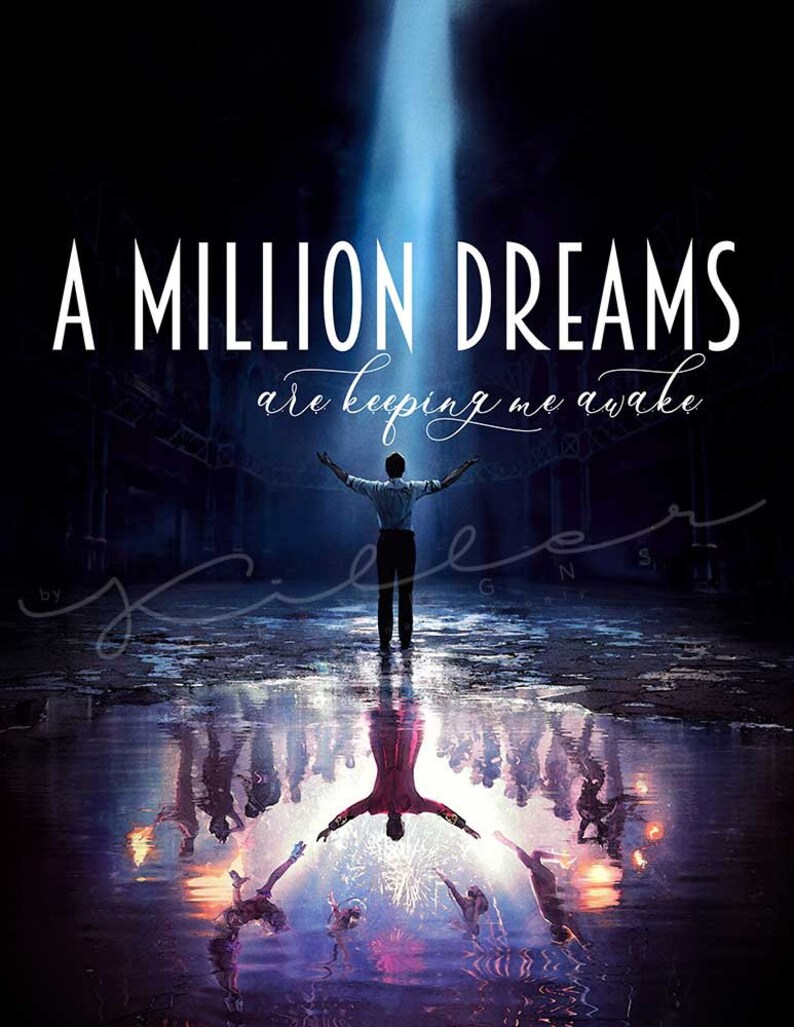I think my favourite song from The Greatest Showman is probably ‘A Million Dreams’. It’s sung by the young PT Barnum, and then the adult one. I find it such a poignant and powerful song, full of meaning. People who know me well may recognise why this song in particular speaks to me: I’m a dreamer. I readily identify with the sentiment of the chorus:
“Every night I lie in bed, the
brightest colours fill my head,
A million dreams are keeping me
awake.
I think of what the world could
be, a vision of the one I see,
A million dreams is all it’s
gonna take –
A million dreams for the world we’re
gonna make…”
I’m especially struck by that second part, about what the
world could be. That’s my story, this is
my song. It’s like the famous saying by
George Bernard Shaw, “You see things; and you say, ‘Why?’ But I dream things that never were; and I
say, ‘Why not?’”
In the song ‘A Million
Dreams’, young Barnum is open to the possibility that people will call him
crazy, and say he’s lost his mind. The
echoes of Jesus and his story are loud and clear. People said Jesus had “gone out of his mind”
(Mark 3:21) – his own family, no less – in view of his attracting large crowds who
wanted their lives and their world to be better, so they came to Jesus for
healing, and to hear his incredible teaching.
Stories of a better world.
Pictures of how life can be. In fact,
in Mark’s story of Jesus, immediately after that incident of Jesus being insulted
by his relatives, he launches into a set of stories about God’s kingdom (Mark
4:1-34 – it’s paralleled in Matthew’s account, mostly in chapter 13). These parables, as they are called, paint a
radically inclusive, gently influential way of life, an alternative reality. This is the reality that comes about when the
life presented by Jesus in his ‘Sermon on the Mount’ (and modelled by Jesus) is
taken seriously and actually lived (or at least aimed at).
To many (probably
most) people, it all sounds crazy. Loving
enemies. Not getting angry at people. Turning the other cheek. Not worrying about… well, anything, really –
but trusting in God’s providence of the necessities of life. Not judging others. Treating people the way you’d hope to be treated. Generally making choices that promote life
and not death. Maybe it is crazy. A pipe dream.
But it’s Jesus’ dream, of what the world could be.
“A million dreams is
all it’s gonna take. A million dreams for
the world we’re gonna make.”



